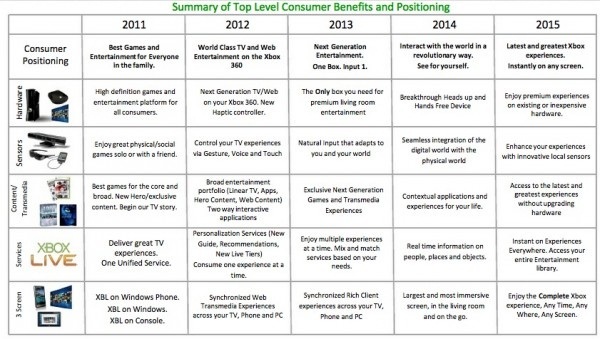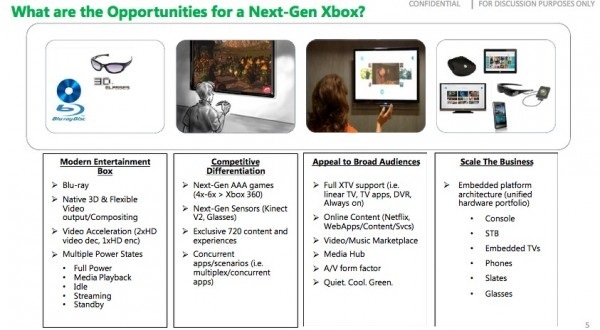Imagine if your content provider – whether a cable company, or NetFlix, or any number of others that provide you with on-demand video services –that can not only determine how many people are actually sitting in a room watching whatever on-demand content is being supplied to you, but can also now charge you based on that number of viewers. Further, imagine a scenario where that same company can shut down or interrupt your viewing experience if your audience size were to exceed the number of people you actually acquired a license for.
That is, if you bought a license for one to watch a movie by yourself, and say that your better half suddenly decided to join you in watching the movie. Well, your new audience size of two has now violated your original license, and your content provider can now disable your access to the movie until you rectify the situation – either by kicking your better half out of the room, or by coughing up more money to up the number of licensed viewers.
Imagine the potential impact on pay per view sporting events. Consider it not only within personal environments, media rooms or even very upscale home theaters – consider it as well for businesses such as bars that have long hosted sporting events. Of course, such a tool could work both ways, by which we mean it’s always possible that a bar might, for example, purchase a license for 100 viewers and then perhaps get a rebate if only 50 viewers show up.
A Dream or a Nightmare?
Well, with a new Microsoft Xbox 360 Kinect patent application that Microsoft filed earlier this month, such a scenario might very well become a reality! Whether it becomes a dream or potential nightmare depends on which side of the content equation (provider or consumer) you sit on. The patent application notes that Microsoft has developed the ability to have Kinect determine the number of content viewers within a given room. Being able to do so leads directly to the scenario noted above.
Microsoft can conceivably license such technology out to others – TV manufacturers perhaps, or cable box designers, or potentially to mobile device manufactures focused on devices such as tablets. Or it can keep the technology in-house and put it to use in its own ways – likely tied to the next generation of Kinect devices – potentially part of the Xbox 720 series expected to arrive some time in 2014.
There are also additional ways Microsoft can go with this. Microsoft is supposedly working on its own augmented reality “eyeware” that will compete with Google Glass. The technology is currently called – or code-named – Fortaleza, supposedly a Wi-Fi enabled device that will connect to Xbox/Kinect and potentially other toys – a Surface tablet perhaps.
The Kinect patent application specifically references eyeglasses, and we can only surmise that Fortaleza (or whatever it may actually be called) will ultimately be a part of whatever the technology and the patent (assuming it is granted) will ultimately be applied to. Microsoft of course is not saying a thing about any of this.
Shown below are a couple of very interesting slides that were leaked about four months ago. The first slide provides a fair amount of speculative detail. The second shows a more general set of possibilities.


All of these are interesting scenarios. The potential behind the patent application can be applied down the road in a number of very interesting ways. For the immediate future however, the primary benefit looks to be to be able to count how many people are in a room while a given piece of content is playing. There are a great many content providers who will be interested in it.
It’s enough to perhaps get Apple to reprise its 1984 commercial - Big Brother? Oh Brother!

Edited by
Brooke Neuman